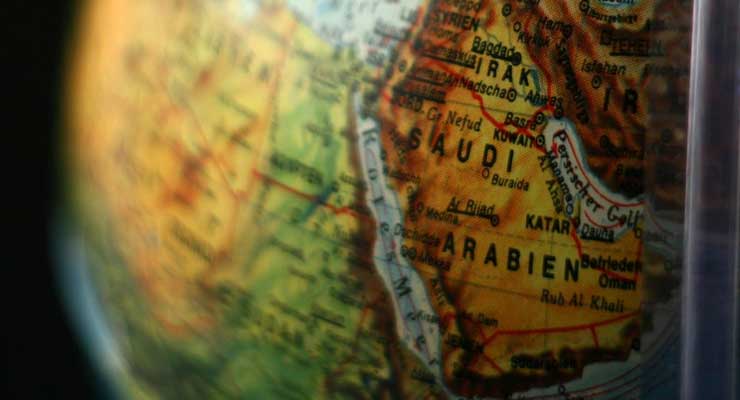
Today marks the first anniversary of the arrests of several prominent women human rights defenders in Saudi Arabia, after a shameful year for human rights in the Kingdom in which activists, journalists, academics, and writers were targeted, Amnesty International said today.
Today marks a year of shame for Saudi Arabia. A year ago, the authorities started locking up some of Saudi Arabia’s bravest women activists, instead of celebrating hand in hand steps that should have served to advance the rights of women in the country
In the past year, Saudi Arabian activists, including several women human rights defenders, have suffered the terrible ordeal of arbitrary detention, unable to speak to or see their loved ones for long months and with no access to legal representation. Women activists also detailed accounts of their torture, ill-treatment and sexual abuse to the court, and many of them now face a prison term for their peaceful activism and speech.
“Today marks a year of shame for Saudi Arabia. A year ago, the authorities started locking up some of Saudi Arabia’s bravest women activists, instead of celebrating hand in hand steps that should have served to advance the rights of women in the country,” said Lynn Maalouf, Amnesty International’s Middle East Research Director.
“Then they went on to detain those who still dared to stand up for these women, advocate for women’s rights in the country, or even express any questioning of the authorities’ policies.”
Loujain al-Hathloul, Iman al-Nafjan and Aziza al-Yousef, Saudi Arabia’s leading women’s rights campaigners, were detained on 15 May 2018 and have been facing trial for their human rights work since March 2019.
This is also a shameful day for Saudi Arabia’s closest allies in the West, namely the USA, the UK and France. Instead of prioritising business deals and arms sales, they should be intransigent – and publicly so – in pressuring the Saudi Arabian authorities for the immediate and unconditional release of all individuals who are being punished for expressing their views peacefully
While Iman al-Nafjan and Aziza al-Yousef were amongst seven women provisionally released in the past two months, Loujain al-Hathloul and several other women activists remain in prison. Women human rights defenders, Nassima al-Sada and Samar Badawi, have been detained since July 2018 without charge with tens of other fellow activists. In April 2019, the authorities escalated their crackdown on critics, arbitrarily detaining at least 14 journalists, writers, academics and family members of women’s rights defenders.
In November 2018, Amnesty International revealed reports of torture, ill-treatment and sexual abuse of at least 10 activists arbitrarily detained since May 2018, which included several women human rights defenders. The organization called on the authorities to allow independent monitors access to detained activists.
“This is also a shameful day for Saudi Arabia’s closest allies in the West, namely the USA, the UK and France. Instead of prioritising business deals and arms sales, they should be intransigent – and publicly so – in pressuring the Saudi Arabian authorities for the immediate and unconditional release of all individuals who are being punished for expressing their views peacefully,” said Lynn Maalouf.
A few months following the wave of arrests targeting women’s rights activists, the Saudi Arabian authorities escalated their crackdown on dissent, as manifested in the Public Prosecution’s calls for the execution of religious clerics and Shi’a activists on trial before the counter-terror court for charges related to exercising their peaceful rights to freedom of expression, association and assembly. This includes prominent religious cleric Sheikh Salman al-Awda, who was accused of 37 charges, including his affiliation with the Muslim Brotherhood and calls for government reforms.
In late April 2019, the authorities also carried out a mass execution of 37 men, the majority of them from Saudi Arabia’s Shi’a minority and executed after unfair trials. At least 15 men executed last month were sentenced to death based on “confessions” they said were extracted through torture, including a young man who was convicted of a crime that allegedly took place while he was under the age of 18.
In 2019 alone, the Saudi authorities have executed at least 110 people.
Leave a Reply